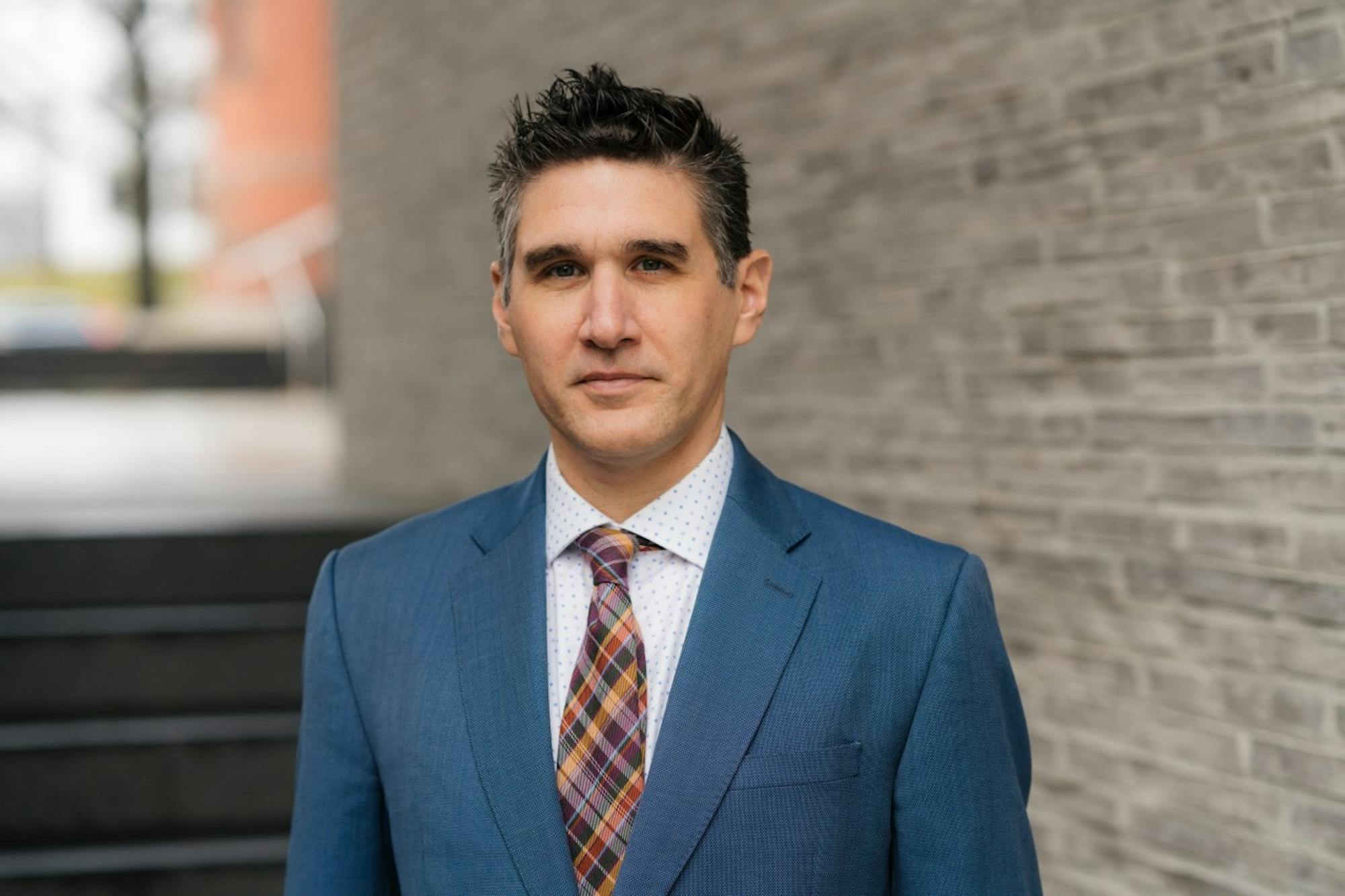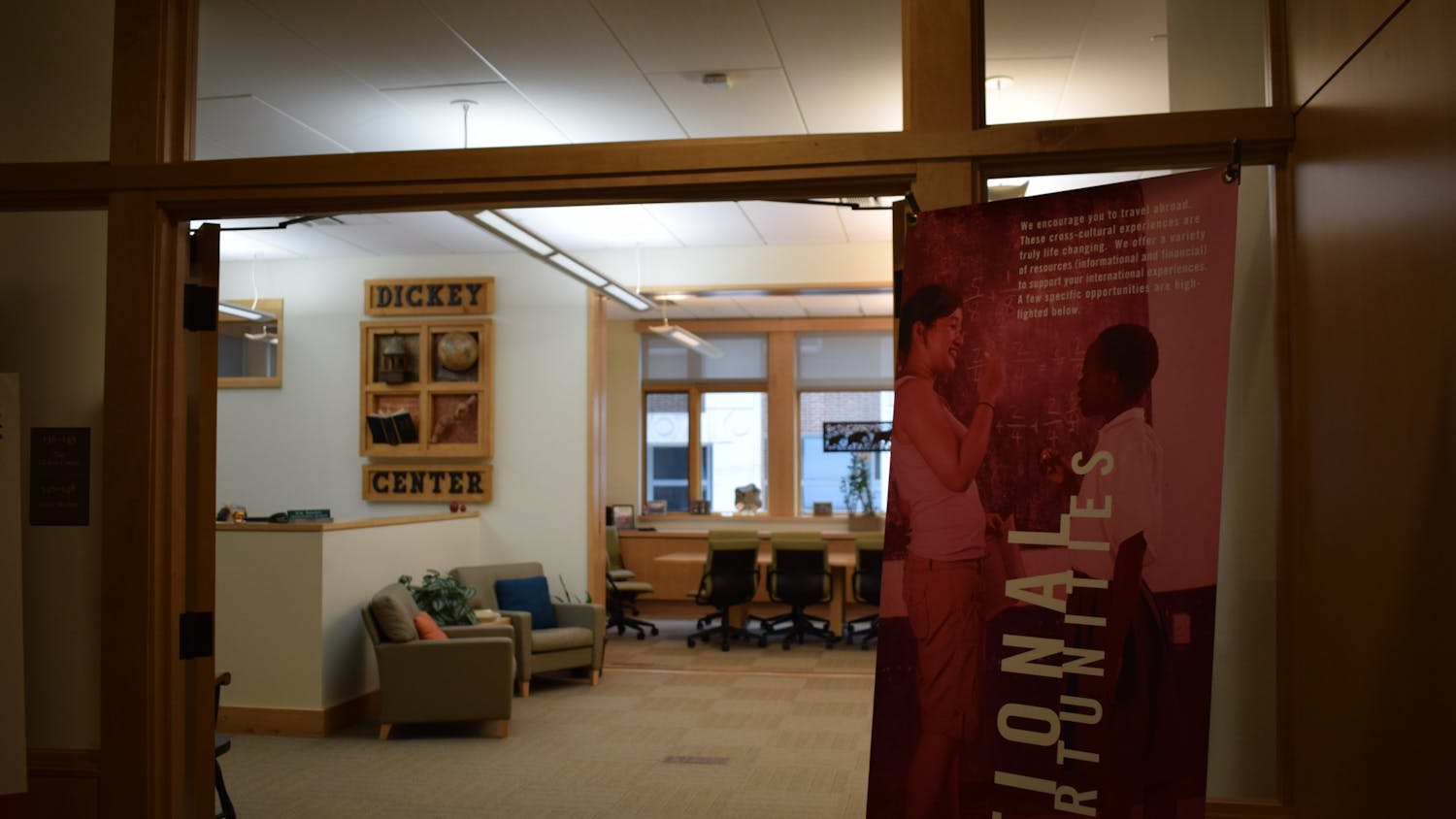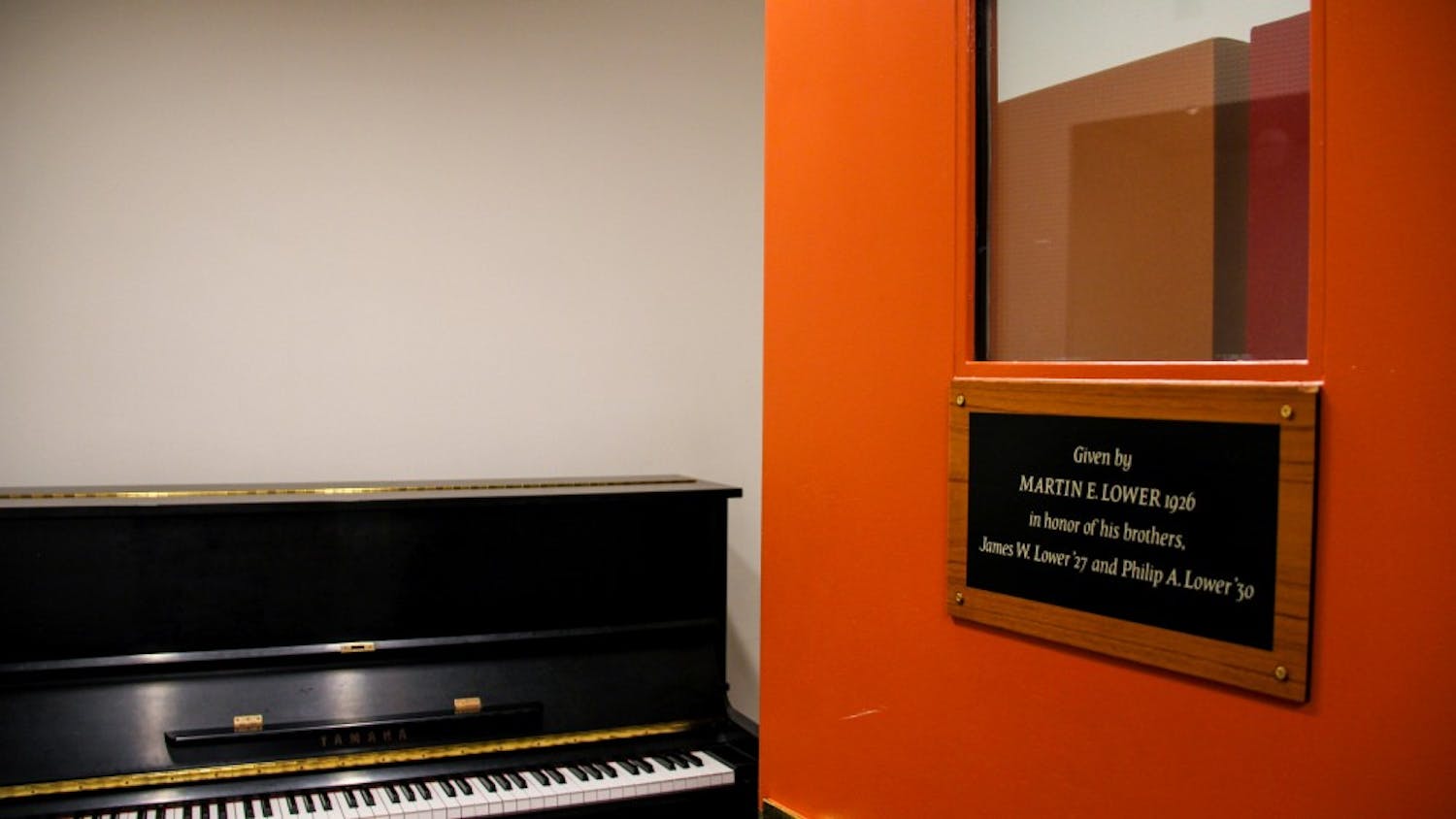Government professor Jason Lyall has been named a 2020 Andrew Carnegie Fellow, an award given annually to fund scholarship in the social sciences and humanities. The fellowship will provide Lyall with a grant of $200,000 for his research project on the implementation of humanitarian aid in violent settings.
According to a May 12 press release, the Carnegie Corporation of New York chose this year’s 27 fellows out of a pool of 322 nominations. Lyall said that he plans to use his fellowship to perform research and fieldwork in Afghanistan, Iraq and Yemen and eventually compile his findings into a book.
Lyall said that he received notice of his naming as a fellow on April 10. He added that the “nice thing” about the Carnegie fellowship is partly its prestige, which serves to vet him as an applicant for further research grants, while also affording him the time and space to conduct research, including in the field.
“The fellowship is basically a starter pack to allow me to do certain things and find the time and space to research,” Lyall said. “To do one survey in Afghanistan is between $25 to $30 per person; compared to experiments online, this is far more expensive.”
According to Lyall, the effects of humanitarian aid — which range from monetary aid to shipments of food — remain unclear in the long term. His research will look at locations which did and did not receive aid in the wake of violence and examine the connected political, economic and health outcomes.
Lyall noted that in some cases, aid can have negative long-term effects.
“Imagine giving aid to some people who were hurt, but not to others,” he said. “You are essentially dumping money or goods into a village and creating conflict, maybe people get angry and join the insurgency; you set up a spiral of violence.”
Lyall added that part of his research goal is to get non-governmental aid organizations to “rethink operations” and help them consider, “Look, your aid may be fueling conflict.”
“I wanna go back after aid has been out in the field for years and see how people’s attitudes change,” Lyall said, “How have people’s livelihood[s] been restored?”
In order to do so, Lyall said that he will contract with survey teams in the various regions under evaluation. He said that these survey teams largely consist of college-aged locals who have the key village connections needed to conduct research.
Lyall said that the aid models currently employed by non-governmental organizations “grew up in the ’70s and ’80s” in environments different from the conflict zones which require aid today.
As an academic, Lyall said that he is afforded the ability to take a step back and evaluate the bigger picture, unlike the non-governmental organizations which must constantly provide aid and secure funding.
Government professor Benjamin Valentino, whose research focuses on the causes and prevention of political violence, wrote in an email statement to The Dartmouth that Lyall is working on some of the most important issues in the field of political violence.
“Understanding whether and how foreign aid affects violent conflict in places like Afghanistan and Iraq is is crucial for the efforts of the international community to end conflict and mitigate its consequences for innocent civilians,” Valentino wrote. “Lyall is one of only a handful of scholars who is willing to go into the field to study this kind of violence on the ground.”
Lyall said that he does not plan on taking undergraduates into the field as part of his studies over the upcoming months, but said he might set up a hub in Dubai where undergraduates could spend time performing research complementary to the fieldwork.
Currently, Lyall guides undergraduates as director of the Dickey Center for International Understanding’s Political Violence FieldLab. The lab provides students the opportunity to work on everything from analyzing satellite imagery to building geospatial data sets.
According to Lyall, one of the FieldLab’s projects is to organize and simplify hundreds of declassified pages of currently “unusable” NGO aid data from Afghanistan.
“We will be able to know where aid went, and where it didn’t,” Lyall said. “I will go back into these villages and do experiments to gauge opinions of the government and behavioral games to monitor cooperation and trust across ethnic lines.”
Uma Alagappan ’23, a member of the FieldLab’s geospatial team, said that Lyall has taught her and other team members about the context of the data they are working with and has helped keep them “tethered” to research goals.
Another student researcher, Caleb Benjamin ’23, said that he works under Lyall’s guidance with three other students on the FieldLab project regarding aid in Afghanistan.
Benjamin said the Carnegie fellowship is a “great achievement,” adding that Lyall has a clear path of what he wants to research with the fellowship.
Lyall said that in line with one of the goals of the Carnegie fellowship to transfer knowledge from academia to practice, he will meet with various NGOs and deliver briefings on his research and best aid practices.
Lyall added that he is working with NGOs to secure internships for FieldLab students.




